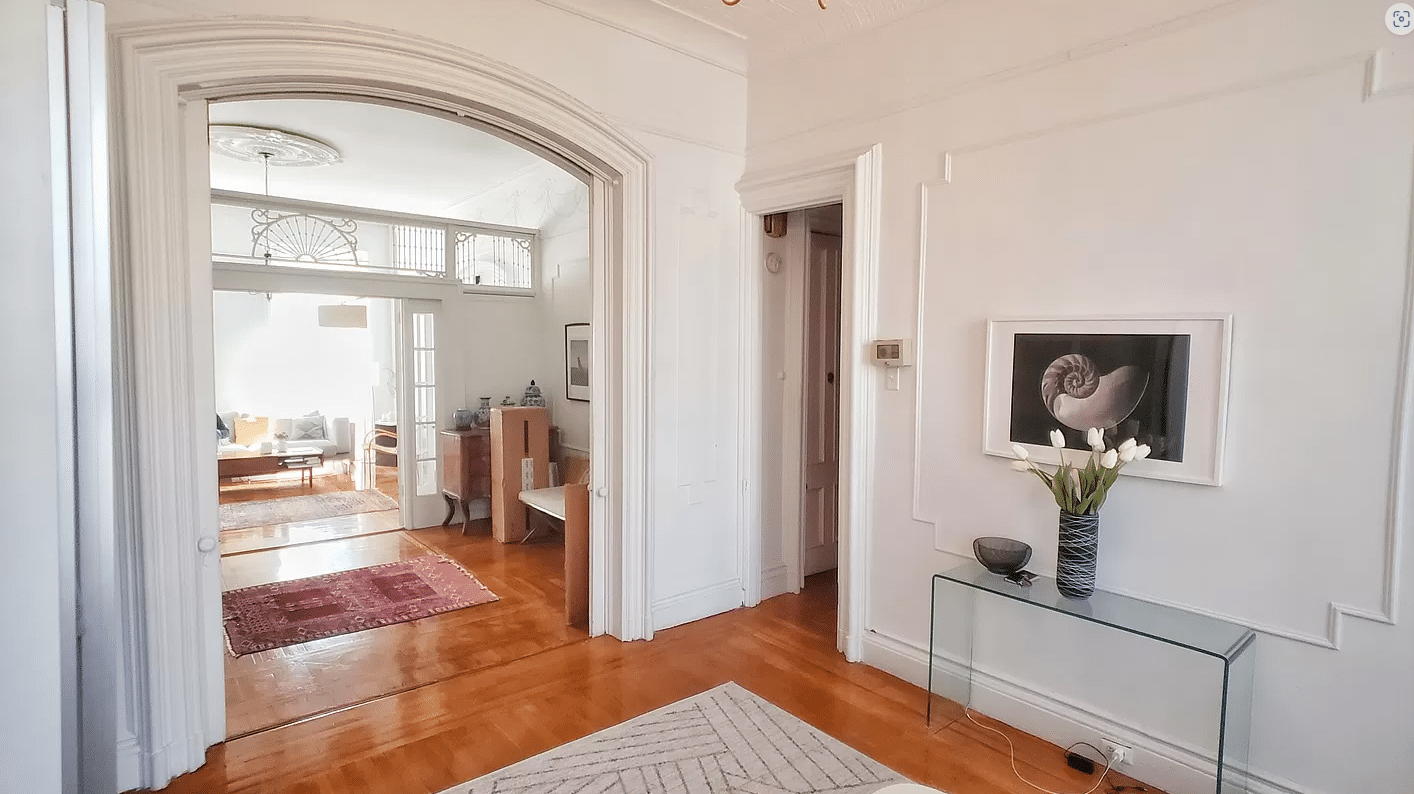Inside Third & Bond: Week 71
One bright spot in our dreary real estate world recently has been interest rates. Mortgage rates are very low and conforming loan amounts are increasing, which will be relevant for our studio and one bedroom sales and maybe even our two bedroom sales. Developers refer to the mortgages that our buyers secure as end loans,…

One bright spot in our dreary real estate world recently has been interest rates. Mortgage rates are very low and conforming loan amounts are increasing, which will be relevant for our studio and one bedroom sales and maybe even our two bedroom sales. Developers refer to the mortgages that our buyers secure as end loans, and there are numerous issues we’re always discussing in terms of end loans: getting project approval for Fannie Mae or FHA loans; deciding to work directly with a specific bank or mortgage broker; pre-sale requirements of different lenders; and offering buyers forward commitments through lenders so that buyers can lock-in their interest rate at the time they sign a contract for a period of time necessary to cover their closing date. (And some developers in truly desperate times spend huge amounts to pay down the interest rate of their buyers’ loans). However, there’s one juicy threshold issue we’ll discuss today: mortgage contingencies.
In the good ole days (for developers), providing a mortgage contingency in the contract for a unit in a new development was verboten…
(continued)
A mortgage contingency allows buyers’ downpayments to be refundable during a period of time (say 30 days) while they confirm with a lender that they can get a mortgage commitment for 80% of the purchase price. When Hudson started marketing our first condo project more than 10 years ago, our brokers told us that other developers were not offering mortgage contingencies. You mean people will sign a contract without having the comfort of knowing they can get a mortgage? we asked. That was the market, we were assured. Buyers will either pre-qualify before they sign a contract or they’re comfortable with their purchase price. In good markets, buyers don’t want to lose out on the unit they love because they’re asking for something other buyers are not.
What’s the downside for a developer in offering a mortgage contingency? One way to think of it is as a free 30 day option to anyone who wants to tie up a unit. We assume that any buyer can effectively ruin their own chance of getting a mortgage commitment if they want to get out of a contract. We try and avoid this by ensuring that any mortgage contingency has to be processed through a bank or mortgage broker who works with us to create an environment where the buyer has to make a good faith effort to seek a mortgage commitment. But we’d rather have a contract that has no contingencies, where the downpayment goes hard upon execution. We like those contracts; our construction lender loves those contracts.
But developers also want flexibility. Even if the market is booming and we can sell units without offering mortgage contingencies, there’s always that one pesky line of apartments that’s not selling (e.g., the C line) and that one buyer who says, I love 2C but I’m very anxious about my finances and want to get a mortgage commitment with a six month rate lock. We think to ourselves, finally, someone with a pulse wants to buy the C line, hooray! We appear very reluctant and say, OK 2C buyer, we’ll let you have a 30 day mortgage contingency but don’t come crying for more time on the 31st day.
The way we have this type of flexibility is through language in the offering plan that Sponsor may offer financing contingency to buyers. That way we don’t have to file an amendment to the plan if we start offering them.
So what does this mean for Third + Bond? We shall see. We have the may language in our offering plan. If we were selling right now and a prospective buyer wanted to buy a unit from us and requested a mortgage contingency, we’d probably give him/her a mortgage contingency, followed by a hug, a back rub, and a cupcake from Sweet Melissa. What are we going to do later in the year when we start selling? We’ll see…that’s why they call it a market.
Inside Third & Bond: Weeks 1-70 [Brownstoner]
From our lawyers: This is not an offering. No offering can be made until an offering plan is filed with the Department of Law of the State of New York.”









So the developer is providing us with very detailed insight of the building process… only to be taken down a peg by a horde of very opinionated intellectual midgets, who clearly believe they understand every aspect of real estate of every neighborhood. Hilarious to watch these guys make all kinds of predictions about this or that house/condo never getting sold due to location/price/construction quality for the past three years. I know I’m not the first (or last) one to make this point, but it’s unfortunate that you don’t get a true picture of the public opinion on comment boards in general – a great and very democratic tool that tends to be dominated by obnoxious, self-important and completely uninformed individuals pulling wild guesses out of their collective behinds. The overall effect is very similar to that of driving: you start thinking that everyone drives like an asshole just because couple of people cut you off.
Thank you Third & Bond and Mr. B for the continuing coverage. Some people out there enjoy reading your posts and appreciate the wealth of information we would otherwise never have access to.
this place is going to end up being section 8 housing because they are building in the lowest common denominator style and just plain shitty construction techniques..hello projects
Well, you (buyer or seller) adapt to the changing market. Two years ago you couldn’t buy a hot dog if you wanted a mortgage contingency. And, frankly, in a hot market, you’re at the mercy of sellers. Now the worm has turned.
I do appreciate the transparency, even though I tend to agree that the offering should be uniform. But I can see why a developer wouldn’t want people sitting on contracts to shop for mortgage rates. And if you can’t afford the prevailing rates, and aren’t at least prequalified, you shouldn’t be going anywhere near a contract.
The way I’m interpreting what you are stating is this: That you may offer some potential purchasers a mortgage contingency but not others. If this is what you are thinking of doing I think it’s unfair and maybe even an unethical kind of thing to do, because I think all purchaser’s transactions should be handled in a consistent way when it comes to financing options. I have also always had an aversion to working with “preferred” mortgage brokers or banks. Why? Because I want an independent, 3rd party opinion as to the real value of the property. That’s why I always tell friends that they should never pay all cash for a property, even if they can. Obtaining a mortgage is like getting a second opinion from another doctor.
The market in 2004 was pretty damn hot in Brooklyn but I didn’t see any “no contingency” offerings then…
This is a rental building, unless the construction continues so slowly that the market comes back
You guys seem a little dilusional. No one in this market would be crazy enough to sign a contract without a mortgage contingency (unless they actually had the cash on hand), and you will just scare a bunch of serious buyers away if you even attempt to have them sign a contract without a continency.
“Mortgage rates are very low and conforming loan amounts are increasing, which will be relevant for our studio and one bedroom sales and maybe even our two bedroom sales.”
If you have to get a larger conforming loan to buy a studio or one bedroom then this will forever be a rental building.